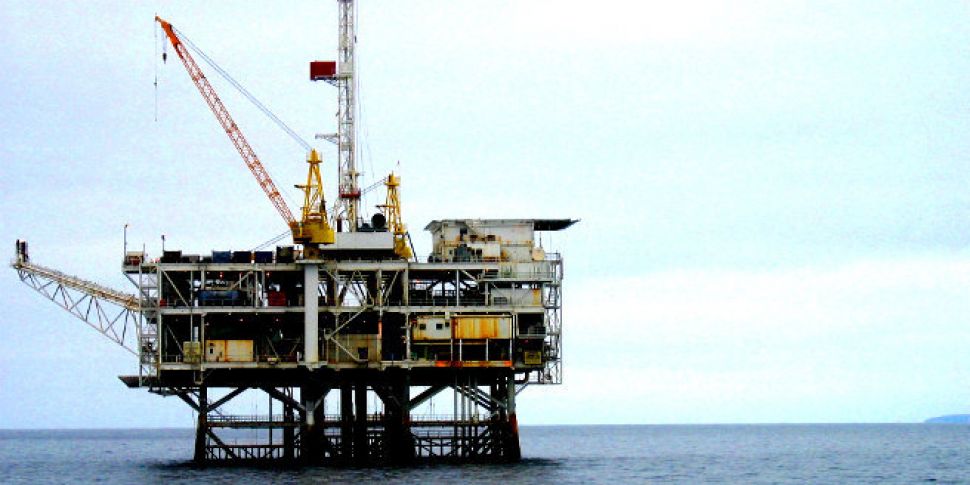Groundwater pollution, "unquantifiable" gas emissions and gas migration have been identified as the key environmental impacts of hydraulic fracturing.
A new report from the Environmental Protection Agency (EPA) has said these issues "should be resolved" before hydraulic fracturing is undertaken in Ireland.
Hydraulic fracturing or 'fracking' is the process of injecting liquid at high pressure into subterranean rocks, boreholes, etc. so as to force open existing fissures and extract oil or gas. A bill proposing a ban on fracking in the Republic of Ireland has been voted through the Dáil.
The report, requested by former Minister for Communication, Energy and Natural Resources Pat Rabbitte while in government, found that there is evidence that stray gas leakage occurs as a result of fracking.
Potential for groundwater aquifers becoming polluted as a result of the failure or deterioration of well integrity was also outlined as a risk.
"Neither the reasons for this, nor the scale of the emissions is quantitatively known and so their impact cannot be reliably assessed until further data are available," the report states. "Methane is an important greenhouse gas and therefore this is an issue of concern."
The report advises monitoring the progress of fracking in other countries, so that "the approach in Ireland and Northern Ireland [can be] adapted where improvements are identified".
The current Minister for the Environment Denis Naughten welcomed the publication of the report.
"I am on record as having raised concerns with regard to the use of hydraulic fracturing - particularly on such matters as long term well integrity; the potential release of toxic chemicals from the ground; and the significant and considerable potential implications that the use of this technology may have on people in rural communities as a consequence of the spatially dispersed pattern of housing in rural areas,” he said.
"I have decided to refer the report to the Joint Oireachtas Committee on Communications, Climate Action and the Environment for its consideration.
“I hope this will assist at the committee stage debate of the proposed hydraulic fracturing legislation to be progressed by the Oireachtas next year," he said.
Kate Ruddock, Deputy Director of Friends of the Earth said the “extremely lengthy” research does not address many of the main concerns people have with fracking.
“There is no analysis on the risks of fracking to public health, nor is there an assessment of the impact fracking would have on Ireland’s greenhouse gas emissions and global climate change obligations," she said.
“The Paris Agreement commits governments to keeping global warming well under 2oC, and aiming for 1.5oC.
“The greenhouse gas emissions associated with extracting and burning fracked oil and gas are as polluting as with coal. Government policy is for a carbon free future. There is no place for fracking in a carbon free future."
With a bill proposing a ban on fracking voted through the Dáil earlier this month, Friends of the Earth welcomed Minister Naughten’s comments that the research justifies the continued prohibition of fracking in Ireland.
Tabled by Sligo-Leitrim Fine Gael TD Tony McLoughlin, the Bill received cross-party support.









